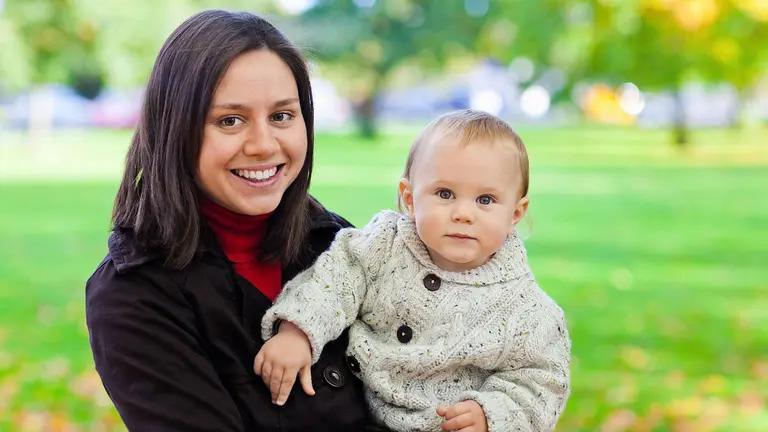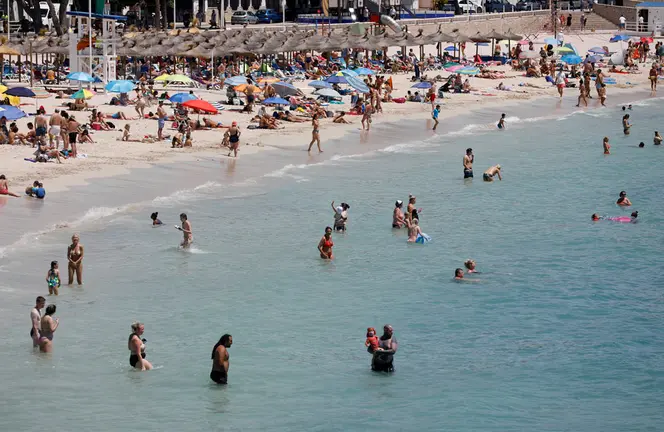The Spanish Council of Ministers has agreed to send to Parliament the draft law for the Real and Effective Equality of Trans Persons and for the Guarantee of the Rights of Lesbian, Gay, Trans, Bisexual and Intersex Persons (LGTBI).
According to government information, the text establishes the principles for action by public authorities, regulates the rights and duties of both public and private natural and legal persons, and "provides for specific measures against all forms of discrimination."
The Equality minister, Irene Montero, said that, if in 2005 Spain was "already at the forefront of the recognition of LGBTI rights" with the modification of the Civil Code to allow same-sex marriage, with this new regulation the country becomes once again an international reference in defence of the rights of LGTBI people and particularly transgender people.
"We hope that this law can be passed as a matter of urgency, because LGTBI lives, particularly trans lives, can wait no longer," she added.
Montero explained that the law establishes the right to self-determination of gender identity and the depathologisation of this recognition:
Rights recognition
"The state recognises trans people's right to be who they are, without witnesses, without any obligation to undergo hormone treatment for 2 years and without a medical report that must say that they are sick."
This recognition procedure will be carried out by means of a double appearance system within a maximum period of four months for persons of legal age, and also for those aged between 16 and 18 years. Those aged between 14 and 16 years will need parental authorisation and for those aged between 12 and 14 years the procedure can be carried out through voluntary jurisdiction proceedings.
Children under the age of 12 may change their name on their National Identity Card (DNI). In addition, trans migrants will be able to change the documents issued in Spain if their rights are not guaranteed in their country of origin.
Regarding the protection of intersex children, genital modification surgery will not be allowed and the deadline for their families to register their sex will be extended.
Conversion therapies banned
The future law prohibits conversion therapies and, if they occur, they could be classified as a very serious administrative offence, with penalties of between €10,001 and €150,000.
"LGTBI lives do not need a cure", said the minister. "What needs a cure is LGTBIphobia, and this can be cured with comprehensive sex education, with education for equality and with education in diversity". To this end, specific educational content will be reinforced. In addition, children under the age of 12 should be addressed in schools according to the name chosen.
Lesbian and bisexual women will be able to parent their children without being married, as is currently the case. It also gives legal status to the right of access to assisted reproduction techniques, which was already established in the regulations, both for transgender women and transgender people who are able to bear children.
In the field of employment, equality and non-discrimination of LGTBI people in the workplace is promoted, with special attention to the inclusion of trans people and, above all, trans women, "who have the greatest gap and the greatest difficulties in accessing employment", said Irene Montero.
In the sanctioning regime, in addition to conversion therapies, discriminatory educational content in textbooks and educational teaching materials will be considered very serious offences and, unless they become criminal offences and are referred to criminal proceedings, also acts of harassment. Minor offences, such as insults and discriminatory messages, can be sanctioned with amounts ranging from €200 to €2,000, and serious offences, such as not hiring a person because of their sexual orientation, can be fined up to €10,000.










